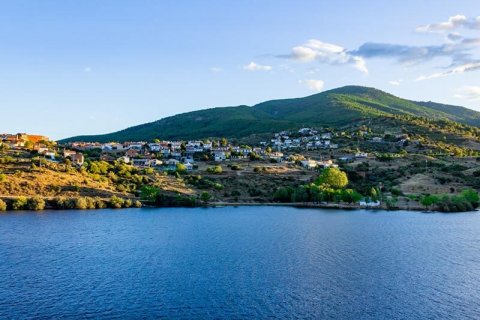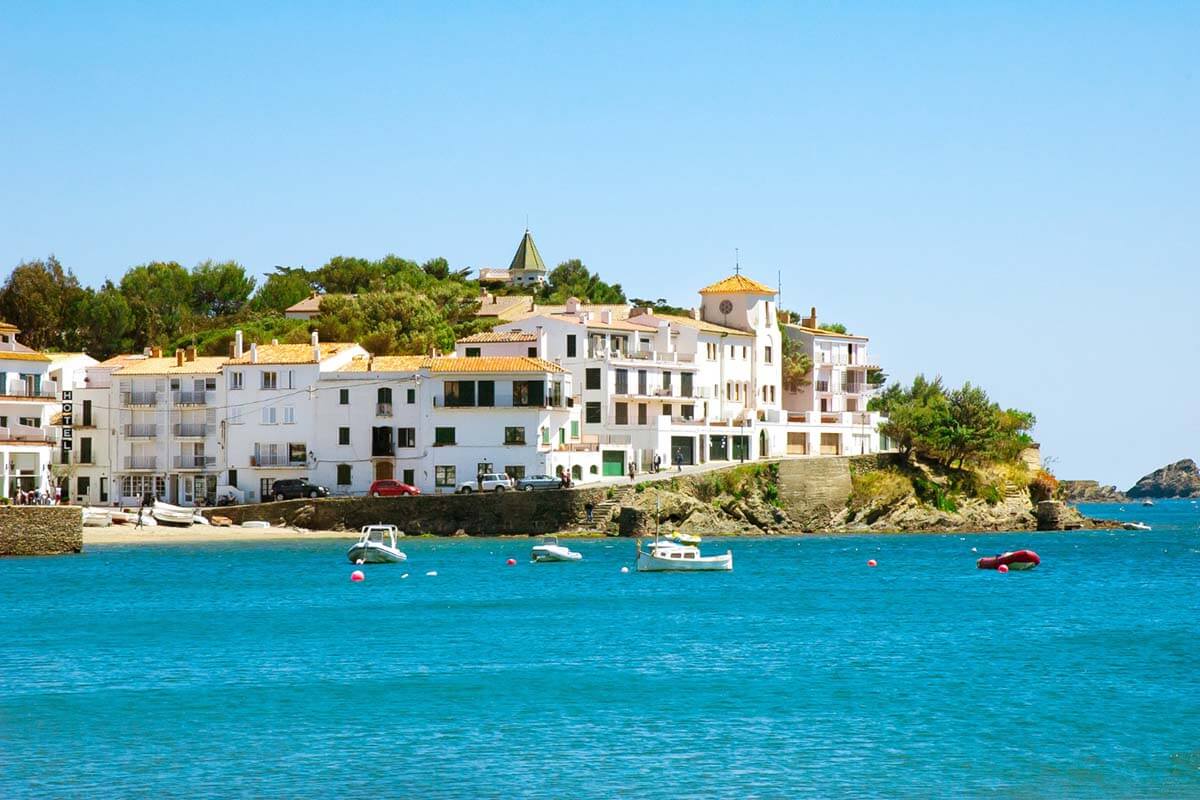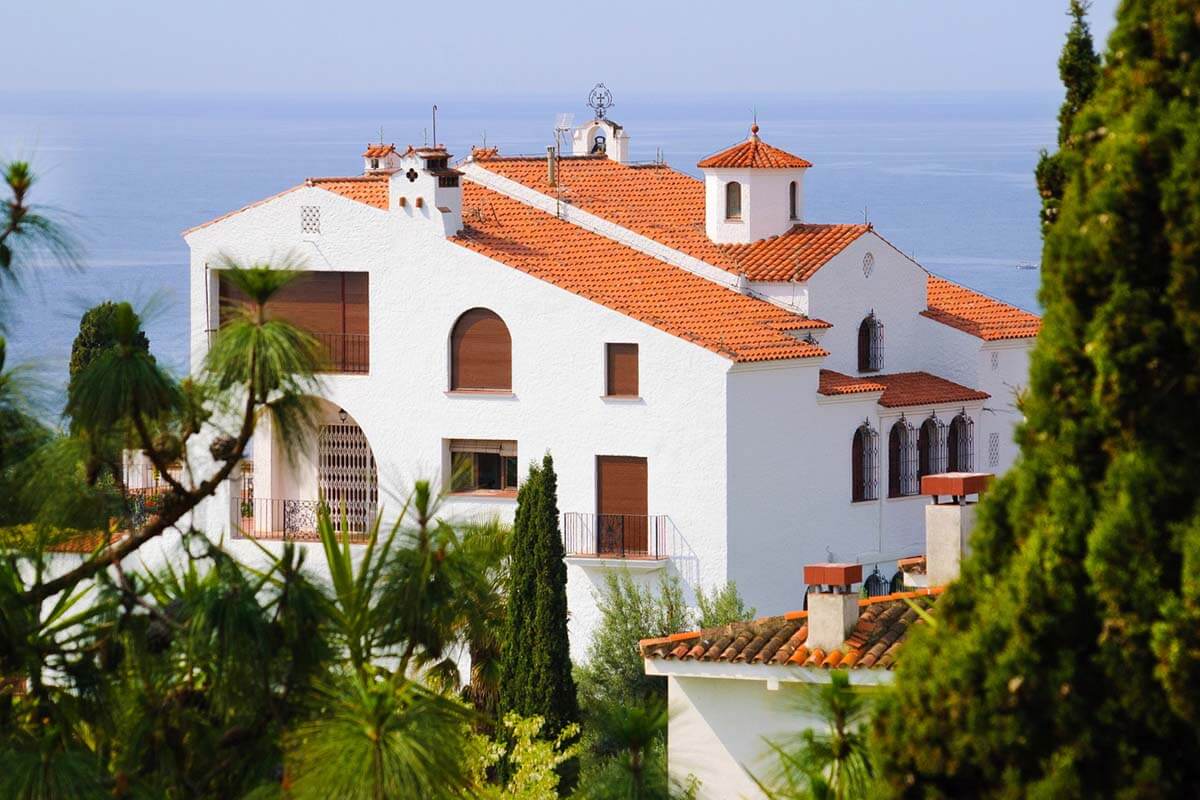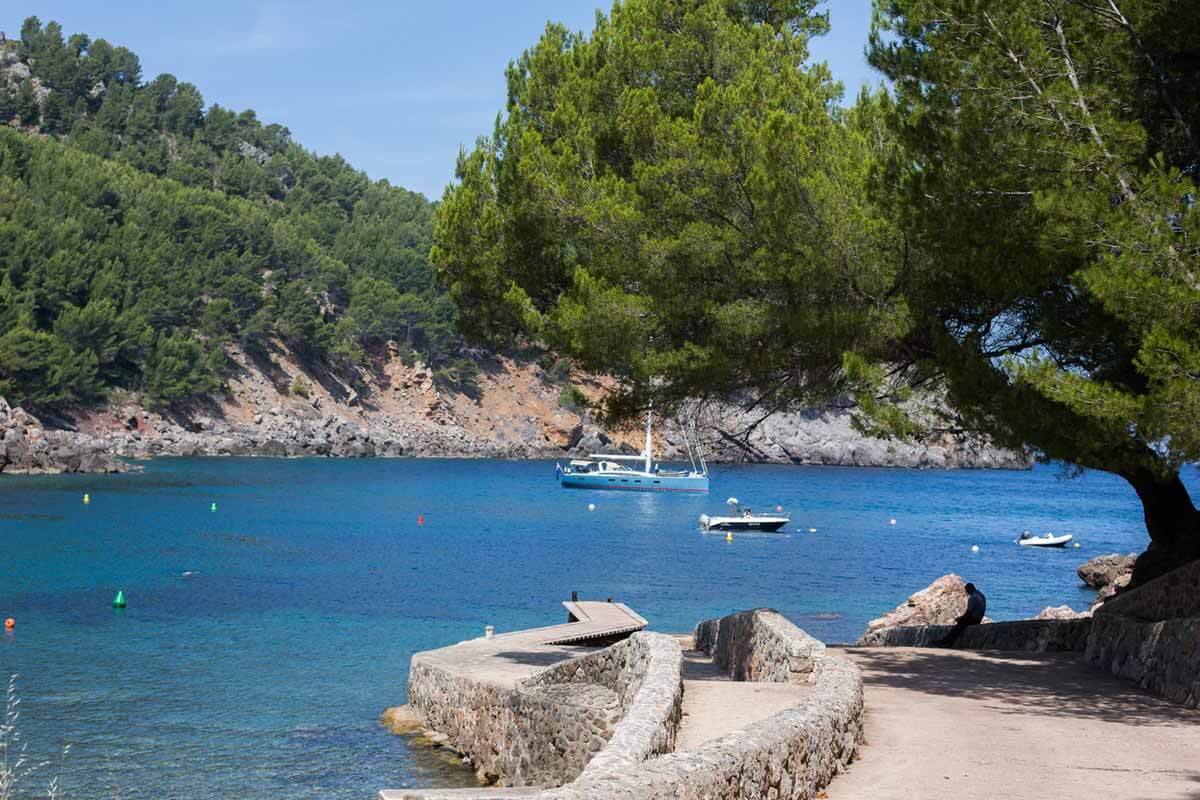
Spain is the 4th largest country in the European Union and the 3rd most visited country globally.
Today, the Spanish economy relies on the tourism sector. To meet tourist demands, Spain has a very active construction sector that accounts for 16.6% of the annual GDP, increasing foreign investment in first and second residences despite various crises such as the pandemic.
In addition to financial opportunities to implement land projects and housing construction, the point is to consider the legal and economic conditions that will determine a project's viability.
CONTENT:
- Benefits of building a house in Spain
- General advice on how to build a house in Spain
- House construction costs
- Requirements for foreign citizens building a house in Spain
- Extra taxes and construction costs in Spain for foreigners
- The best places for investors in Spain
- Spain-Real.Estate will help you buy a Spanish land plot
BENEFITS OF BUILDING A HOUSE IN SPAIN
Constructing a house on your own can save you approximately 20%-30%. Using better quality materials than in standard housing usually helps developers save a lot of money.
The market value of self-built houses is usually higher than the average, so this is a profitable investment in the future.

GENERAL ADVICE ON HOW TO BUILD A HOUSE IN SPAIN
Setting tasks
You should have a budget for your construction goals and determine the overall structure of the housing and your minimum needs—for example, the proximity to schools, medical centers, supermarkets, etc.
Buying a land plot
The first step to building a house is to choose a good district.
Before buying a land plot, it is necessary to pay attention to the following points:
- Space and accessibility. The plot should be spacious for a house and infield.
- Construction conditions. The type of housing must comply with the laws of the district's municipality, such as height regulations.
- Access to resources. One of the most important aspects is to connect the plot to infrastructures like water supply, electricity, telephone lines, and the Internet.
- Orientation of the house to the cardinal directions is an economical and logical stage from the point of view of an engineer.
- Wooded area. Trees on the site may interfere with future construction. Many autonomous communities regulate this rule. There are sometimes strict rules for cutting down trees.
HOUSE CONSTRUCTION COSTS
The main construction costs include:
- Construction license
Construction permit from local authorities is 3-4% of the price of the house.
- Taxes (ICIO)
Construction and construction work tax is 3-5% of the total amount.
- Construction works
Construction work prices in Spain range from €1100 to €1500 per sq. m.
- Taxes and commissions when the work is done
When completed and, if necessary, apply to a notary to register the house in the Real Estate Register. This is about 0.5% of the total amount.
Payment of the settlement certificate. This document confirms that the work has been completed and the building has been put into operation. House construction costs are about 1% of the house price.
Declaration of work is about 1.5% of the total amount.
The certificate of housing status includes the costs of communications (about €200 for each one).
For example, a family house of 300 square meters with high-quality finishes will have a construction price of about €380,705 plus 10% VAT (an approximate figure in the community of Madrid). Fencing (from €20,000 to €10,000), a garden (about €15,000 for 500 square meters) and, if any, a swimming pool (another €15,000) should be added to these prices.
REQUIREMENTS FOR FOREIGN CITIZENS BUILDING A HOUSE IN SPAIN
NIE
The first condition to live in Spain as a foreign citizen is to have a foreigner's NIE identification number that consists of a unique number. It is the equivalent of an identity card for Spanish citizens, without which it is impossible to start any legal procedures in the country.
The process of obtaining NIE is slow but straightforward. You can apply to the Office of Foreigners in Spain or try to have it issued from abroad. Signing a deposit agreement helps foreign citizens to speed up this process because it is not a final procedure and does not require NIE.
Golden Visa
There are several options to get a residence permit – either a temporary one from 90 days to 5 years or a permanent visa available to EU citizens and more difficult for people from countries outside the EU to obtain.
There is a third way – the golden visa. This residence permit has been popular in recent years in Southern Europe and encourages international investment in Spain.
The Golden visa allows foreign citizens to get a residence permit by purchasing or building real estate worth more than €500,000.
Spain bank account
To build a house in Spain, a foreign citizen needs to open an account in a Spanish bank. If he does not require additional funding, this procedure can speed up the housing purchase.
For example, when a foreign couple decides to retire in Spain, they can sell a house and will then be able to build a new one without needing a loan.
A foreigner is recommended to choose reputable banks because they prefer to finance projects that bring additional benefits in the social or environmental sphere.

EXTRA TAXES AND CONSTRUCTION COSTS IN SPAIN FOR FOREIGNERS
The purchase of a plot for construction includes taxes and expenses. Although the buyer wants to keep his residence in another country, he will pay all the taxes related to the land purchase and construction: VAT (ITP), notary expenses, registration expenses, real estate tax (IBI), garbage collection tax, and so on.
Requirements for foreigners
Income tax for non-residents (IRNR)
If a foreign citizen does not have a residence permit, he will pay more than a person living in Spain.
If a foreigner does not have a residence permit in Spain, the buyer must pay a tax called IRNR or an income tax for non-residents. It taxes the income earned in Spain and is 24%.
Representative of the taxpayer
The major problem for non-residents in Spain is that when they apply for bank financing, organizations make it difficult to provide mortgage loans, so taxpayers' representatives can be appointed for this purpose. It can be both an individual and a legal entity engaged in conducting administrative procedures.
The taxpayer's representative may be a voluntary representative of the resident. This procedure is usually carried out by an administrator and requires additional costs. In recent years, the European Commission has insisted that Spain cancel this obligation, being the only EU country that requires a condition contrary to European norms.
Translation of documents
Any signing of legal documents by two foreign parties requires translation. A sworn translator listed on the Ministry of Foreign Affairs website can perform this.
Does the Spanish bank provide mortgage loans to foreigners?
Non-resident buyers can use the same mortgage terms as Spaniards. However, the reality is far from this due to the impossibility of imposing an embargo on properties abroad. A Spanish bank does not provide mortgage loans to citizens who have made contributions for less than one year in the country. Some banks offer mortgage loans to non-residents on different terms than usual Spanish mortgages.
Spanish mortgage terms
As a rule, a mortgage never covers a plot purchase. A foreign citizen needs to have the total money for the plot. Secondly, the bank does not cover 100% of the investment price but usually covers 80% for the first home and 60-70% for the second residence. A mortgage rarely covers the costs of a project and a construction license. Each bank can vary the conditions, depending on a solvency analysis.
Mortgage loans to foreigners
There is always mortgage offers in Spain for foreigners to build houses as overseas banks do not issue mortgage loans for land plots or construction outside the country.
Moreover, foreign real estate is not accepted as mortgage security, so one of the options would be to sell an old property and pay cash for new housing.
As for the viability of mortgage loans for foreigners, each bank sets its rules depending on the country of the mortgage applicant.
THE BEST PLACES FOR INVESTORS IN SPAIN
Real estate investments are concentrated in Barcelona and Madrid, making up the most significant investment flow in the entire country, especially in the housing segment. Considering a house as a future investment, both cities are among the most profitable places in Spain (Barcelona with 5.1% and Madrid with 5.8%).
There are also cities such as Palma de Gran Canaria with 8% of overseas investment and a "sun and beach" model.
The best places for investors in Spain are coastal areas and islands like Costa del Sol and Marbella or Majorca.

SPAIN-REAL.ESTATE WILL HELP YOU BUY A SPANISH LAND PLOT
Do you dream of a spacious house in Spain? Spain-Real.Estate offers you a selection of the best plots for Spanish properties in its rich collection. Check out the best real estate options and make your dream come true!
